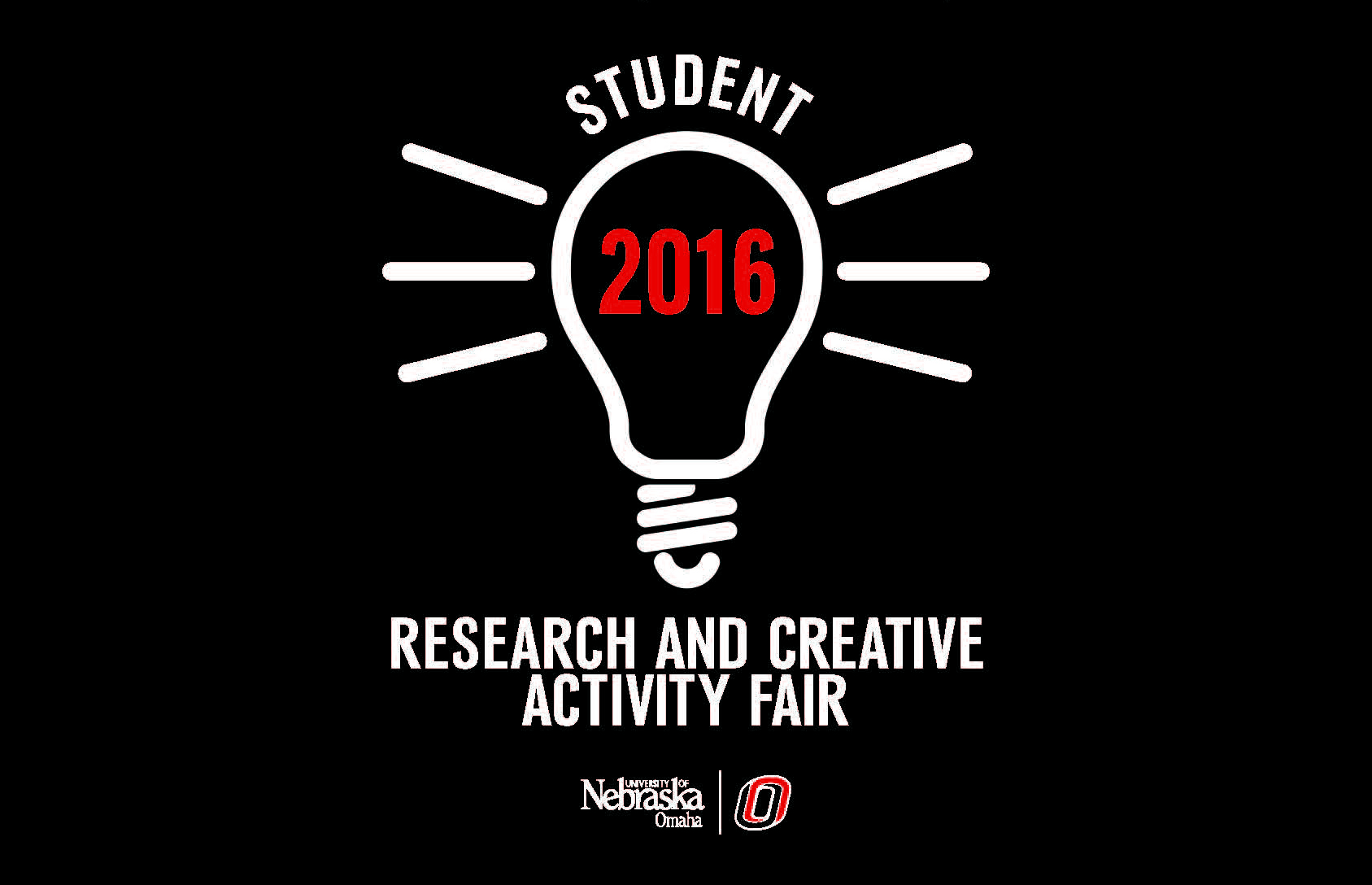
Alumni Collegiate Student-Athletes' Wellness after Sport
Advisor Information
Danae Dinkel
Location
Dr. C.C. and Mabel L. Criss Library
Presentation Type
Poster
Start Date
4-3-2016 12:45 PM
End Date
4-3-2016 2:15 PM
Abstract
Background: College student-athletes are more likely to experience difficulty transitioning from college than non-athletes, which may lead to decreased levels of overall wellness. Purpose: The purpose of this study was to explore the wellness of alumni athletes (AA) who recently transitioned from college. Methods: Semi-structured interviews with AA (n=15) were administered at a university in the Midwest. Interview questions were based on the Indivisible Self Model’s five factors of wellness (coping, social, physical, creative, and essential). Data were analyzed using the process of immersion/crystallization. Results: Related to the wellness factor of coping, a majority of AA stated that they experienced feelings of sadness or depression when their athletic career ended. When asked questions related to the social factor of wellness, most AA were satisfied with their current relationships, however many expressed a loss in social support and difficulties maintaining friendships post-collegiately. Other common issues were related to the physical factor of wellness as some AA lacked motivation to be physically active without structured practice and competition. Nutritionally, while a few felt their diet had improved since college, most felt their diet had decreased in quality. Lastly, related to the creative factor of wellness, several athletes expressed that either themselves or their teammates experienced difficulty transitioning into a career resulting from a lack of focus on academics and/or lack of internship/job shadowing opportunities during college. Conclusion: AA experience unique barriers transitioning from college that may decrease overall wellness. Student-athletes may require additional support and education prior to transitioning from sport.
Alumni Collegiate Student-Athletes' Wellness after Sport
Dr. C.C. and Mabel L. Criss Library
Background: College student-athletes are more likely to experience difficulty transitioning from college than non-athletes, which may lead to decreased levels of overall wellness. Purpose: The purpose of this study was to explore the wellness of alumni athletes (AA) who recently transitioned from college. Methods: Semi-structured interviews with AA (n=15) were administered at a university in the Midwest. Interview questions were based on the Indivisible Self Model’s five factors of wellness (coping, social, physical, creative, and essential). Data were analyzed using the process of immersion/crystallization. Results: Related to the wellness factor of coping, a majority of AA stated that they experienced feelings of sadness or depression when their athletic career ended. When asked questions related to the social factor of wellness, most AA were satisfied with their current relationships, however many expressed a loss in social support and difficulties maintaining friendships post-collegiately. Other common issues were related to the physical factor of wellness as some AA lacked motivation to be physically active without structured practice and competition. Nutritionally, while a few felt their diet had improved since college, most felt their diet had decreased in quality. Lastly, related to the creative factor of wellness, several athletes expressed that either themselves or their teammates experienced difficulty transitioning into a career resulting from a lack of focus on academics and/or lack of internship/job shadowing opportunities during college. Conclusion: AA experience unique barriers transitioning from college that may decrease overall wellness. Student-athletes may require additional support and education prior to transitioning from sport.
